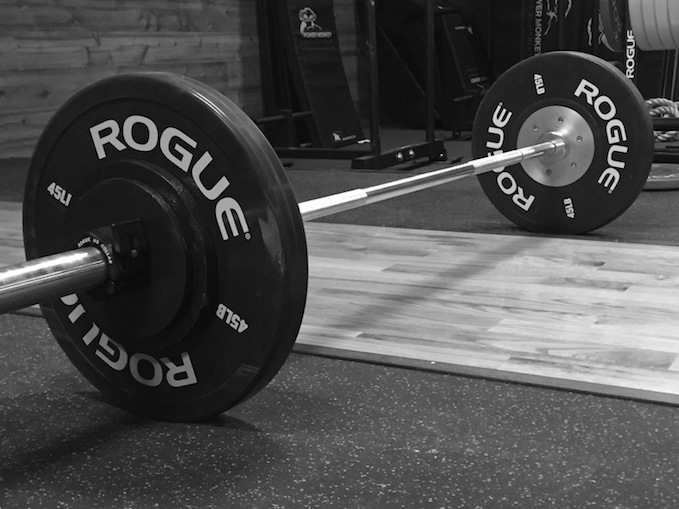Resistance training (RT) is now well known for it’s performance, health and longevity benefits. However the positive effects of resistance training on mental health are less well published and often outshone by the more obvious physical enhancements. Recent research published in the Journal of Sports Medicine is helping to change this and found that going to the gym likely supports a calmer, less anxious mind (in addition to all the other great physical benefits).
The study examined 16 previously published research papers, collecting data from 922 participants. The research included both healthy individuals and those with physical or mental illnesses and found the following:
Key Findings:
- Anxiety Reduction: The most compelling finding was that RT significantly reduced anxiety symptoms.
- Universal Benefits: The positive effects of RT were not limited to specific demographics. Both healthy participants and individuals with physical or mental illnesses experienced benefits. For healthy individuals, the impact was even more pronounced.
- No Gender or Age Bias: Unlike some therapies that may be more effective for certain age groups or genders, RT’s effectiveness on anxiety did not significantly vary based on sex or age. It’s truly an inclusive solution.
- Broad Applications of RT are Effective: Interestingly, the study found that various features of RT, such as program length, session duration, frequency, and intensity, didn’t significantly alter its effectiveness on anxiety reduction. So, whether you’re doing shorter, more intense sessions or longer, less intense ones, you can still enjoy the anxiety-reducing benefits.
- No Need for Strength Improvement: Another interesting discovery was that RT’s effects on anxiety were not dependent on whether your strength improved during the training.
Key Takeaways:
- Incorporate Regular Resistance Training Into Your Routine: Firstly, you need to ensure Resistance Training has a regular spot in your weekly routine. This could be in the form of weightlifting, resistance bands, or bodyweight exercises. Aim to include a minimum of 2 sessions per week.
- Adapt to Your Preferences: The study shows that there’s no one-size-fits-all approach required to benefit from Resistance Training. Tailor your exercise program to your preferences and experience level. You can vary the volume, frequency and intensity significantly and still achieve the anxiety reducing benefits. Upper / lower splits or full body workouts all work well.
The link between resistance training and mental health is great news for those of us seeking effective strategies to manage our anxiety. Whether you’re a seasoned gym goer or just starting to explore strength training, its clear the benefits are well worth the effort. Fortify your mind and body with resistance training – your future self will thank you.



